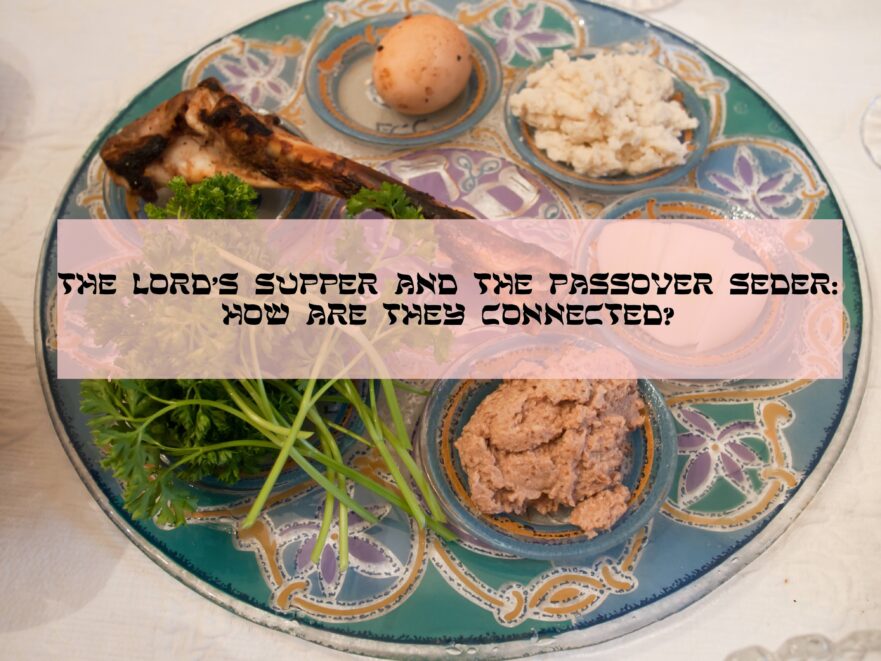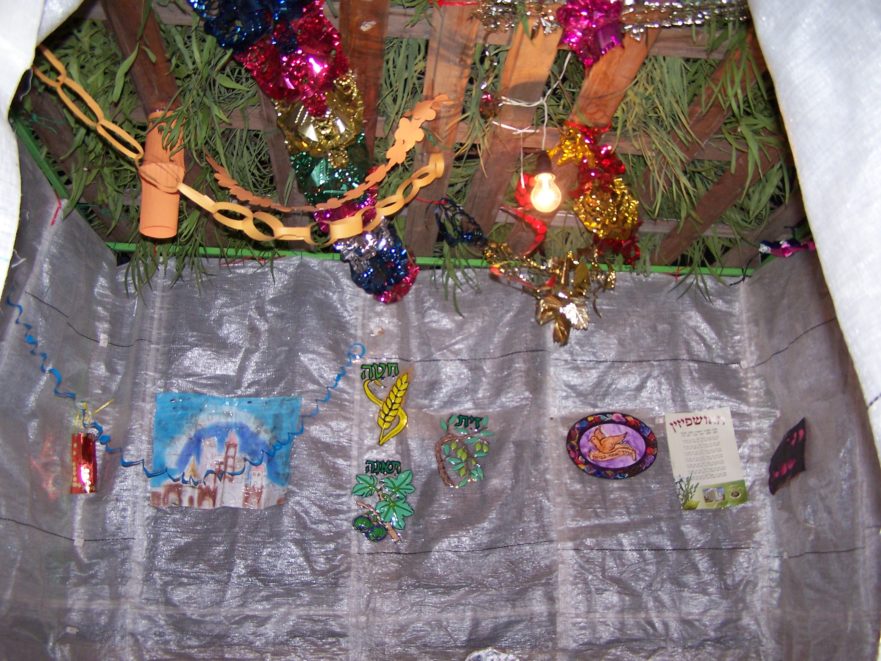The two elements of the Lord’s Supper (bread and wine) are those least distinctive to the Passover meal.
From the Galilee to Jerusalem: Luke as a Source for the Routes of Jewish Pilgrimage

Luke’s Gospel preserves valuable evidence of pilgrimage routes that would have been utilized by Jewish pilgrims in the Second Temple period.
The Expectation of Sabbatical Redemption within Ancient Judaism and Luke-Acts
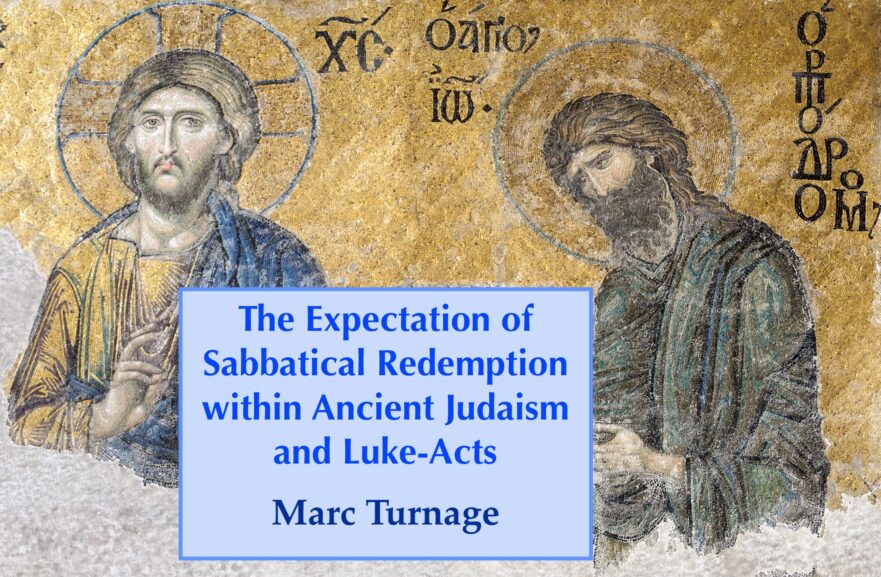
Luke-Acts attests to the connection of the movements of John the Baptist and Jesus to ancient Jewish hopes of sabbatical redemption.
Yerushalayim Besieged
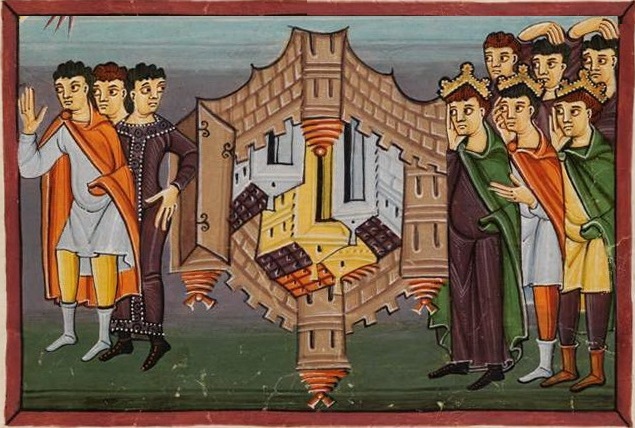
In Yerushalayim Besieged Jesus describes and laments the consequences that will befall Israel as a result of its rejection of the Kingdom of Heaven and its ways of peace.
Feast of the Circumcision (New Year’s Day)
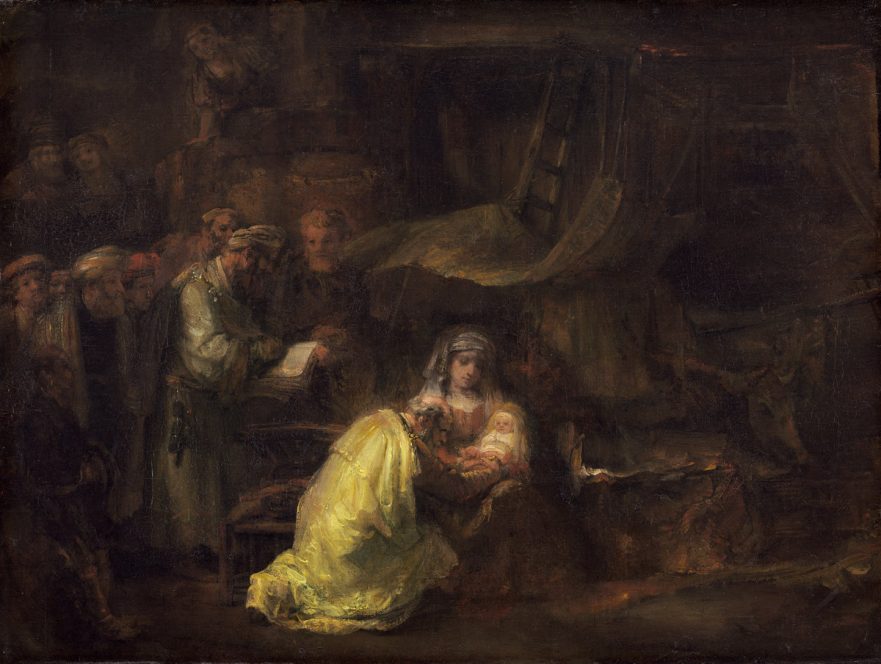
The first of January, celebrated around the world as New Year’s Day, is also the eighth day of Christmas and, as such, the Feast of the Circumcision and Naming of Jesus. Of course, no one knows on what day of the year Jesus was actually born, but since it has become traditional to celebrate Jesus’ birth on the 25th of December, it follows that the first of January is the day on which Christians celebrate the circumcision and naming of Jesus.
Matthew 1:1-25: In the Year of Jubilee?
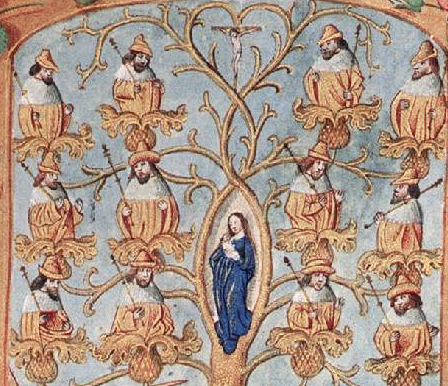
The genealogies of Matthew and Luke reflect diverging Jewish opinions about the time for the advent of the redeemer.
Christians and Biblical “Law”
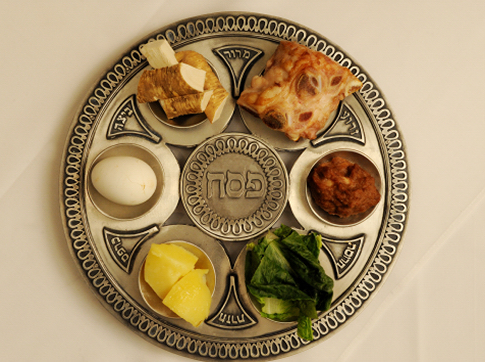
Jesus was Jewish and so were his disciples. He did not start a new religion, but his movement was consistent with being one of several sects of first-century Judaism. There were probably essentially very few non-Jewish followers of “The Way” (Jesus, Yeshua) for the first ten years or so after his death and resurrection.
And Where Did You Go for the Seder?
We are now in the middle of Passover week and one frequently hears the question, “And where did you go for the Seder [the special home service on the first night of Passover]?” Answers are varied: “To my family’s home.” “To friends.” “To a hotel in Eilat.”
Preparations for Eating the Passover Lamb
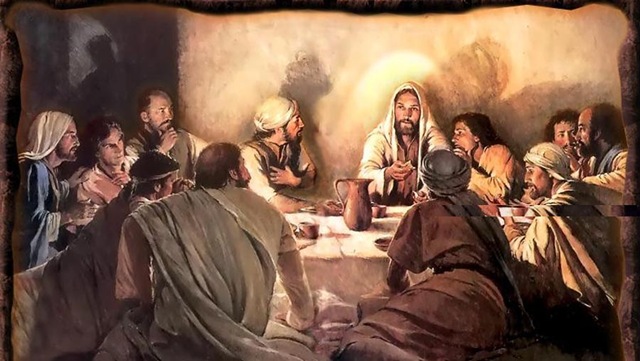
Careful analysis shows that a Hebraic source ultimately stands behind the Synoptic Gospels and that this source is best preserved in Luke. Luke’s version of the Preparations for Eating Passover Lamb preserves details—such as Jesus taking the initiative to send the two disciples, commanding the disciples to prepare the lamb, and using Hebraic idiom—that fit the cultural context of first-century Judaism.
Links with Tabernacles and Hanukkah in the Gospel Accounts of Palm Sunday
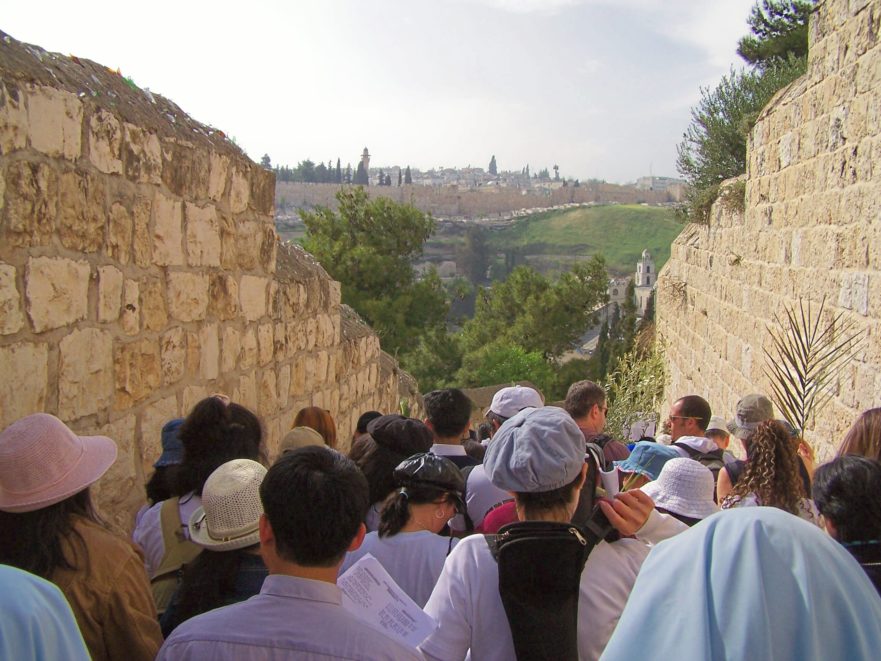
The Gospel writers wished their readers to be reminded of Hanukkah when they read the account of Palm Sunday.
A Different Way to Reckon a Day

Jesus may have been confined to Joseph of Arimathea’s tomb for a period of time no longer than about 26 hours.
Jesus’ Sabbath Dispute with Pharisees in a Cornfield

The debate between Jesus and the Pharisees about plucking and eating corn did not concern labour on the Sabbath but concerned eating food which was allowed only to priests.
Jesus and the Essene Passover
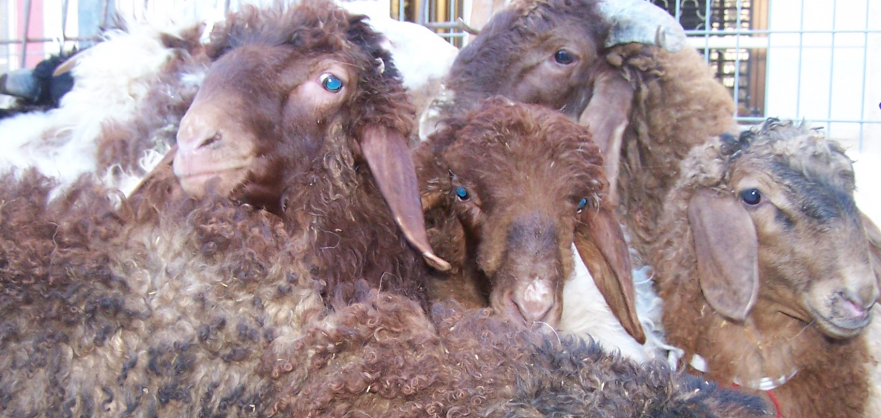
Fifty years of scholarship concerning the Dead Sea Scrolls have brought clearer understanding concerning a fascinating stream of Jewish piety which existed during the final days of the Second Temple.
The Man Who Would Be King

Scholarship has recognized the similarities between the Parable of the Talents and the historical account of Archelaus’ attempts to inherit the kingdom of his father, Herod the Great. When Herod died, Caesar Augustus divided the kingdom between Herod’s three sons, Archelaus, Antipas and Philip.
Joy Comes in the Morning
April here in Israel was a month of mixed emotions, a mixture of joy and sorrow. There were two major commemorations: Holocaust Remembrance Day (April 19) and Memorial Day (April 25); and two major joyous celebrations: Pesach, or Passover (April 8-14), and Independence Day (April 26).
Seder with Family
A visitor to Israel last night might have been puzzled by seeing the streets heavy with traffic, especially since it was already one o’clock in the morning. The reason was that last night was the first night of the annual week-long Passover festival celebrating the Jewish exodus from Egypt thousands of years ago, and people were returning home after taking part in a Passover Seder (the ceremonial meal on the first night of Passover).
Rosh Hashanah, Tishri 1, 5760
The Jewish New Year, Rosh Hashanah (literally, “the head of the year”), is the first of three major biblical holidays that are rapidly approaching. This year Rosh Hashanah falls on September 11; Yom Kippur, the Day of Atonement, on September 20; and Sukkot, the week-long Feast of Tabernacles, is from the 25th of September to the 1st of October.
- Page 1 of 2
- 1
- 2

